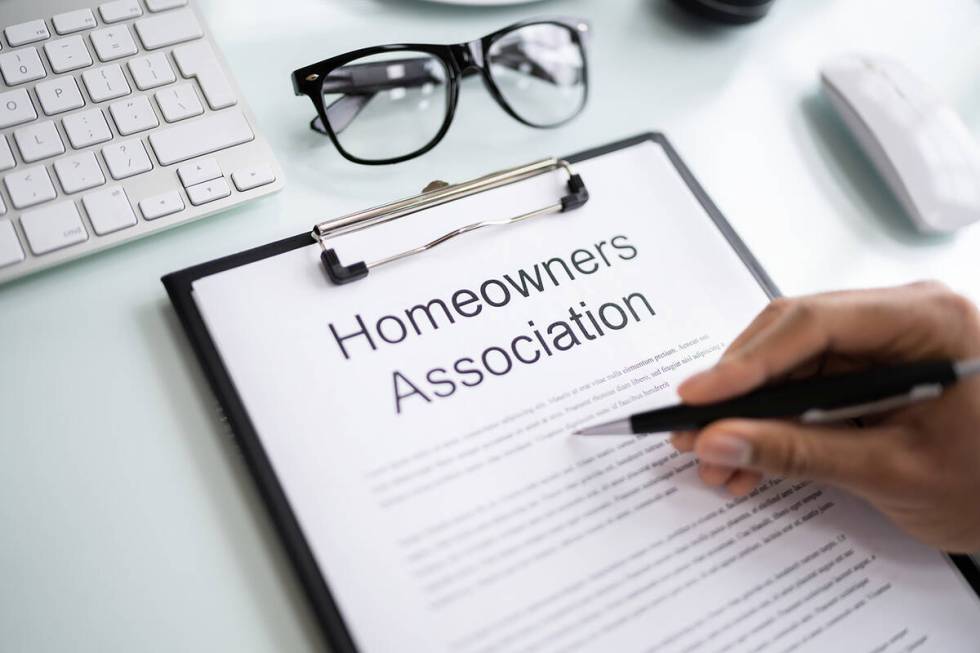HOA seeks solutions to its homeless problem

Q: I am the president of a homeowners association for an 84-unit condominium community. Our place was built in 1997 but no electric gates were installed on either of our two entrances. We were told by a gate company many years ago that we do not have enough of a setback to put in a turnaround even if we wanted to put in entry gates. We have been having an increasing problem with homeless people coming onto our property and making a mess in our trash houses and sleeping in them. They also get into the gated pool area and sleep. Several homeowners have asked me why we can’t put in electric entry gates and I try to explain the reason why we can’t but they still argue with me about it. Frankly, I don’t think entry gates would keep the homeless people out even if we could have them. I know the homeless issue goes on all over town and I wish we could come up with a solution but I am at a loss. Do you or your readers have any ideas or solutions that I could present to the HOA to keep the homeless people off our property? I welcome any suggestions.
A: If I could solve the homeless problem, I probably would be working on a national level to address the many issues that complicate any resolution.
As for your association, yes, if physically possible, gates could be installed and perhaps your association obtain a variance as to the setback issue. Your association should have trespassing signs posted by the entrances to your community. You can advise homeowners to call 311 for assistance with the police department to remove trespassers from the community. You may consider hiring a security service to patrol the community, even if it is just a roving guard that comes through the community during a 24-hour period to remove the transients prior to them calling the police department for assistance.
Q: I enjoy your column every week; I have learned a lot. I have a couple questions.
1. When you’re only funded 60 percent, who is to blame for that, the HOA management company or the board members? This is where we are at the moment so I am curious as to why this happened.
2. Is it legal for your management company to not allow phone calls or walk-ins to discuss a matter; only email? I find this to be a lousy way to treat people (from those) who we pay to take care of things. Plus many of our owners are elderly and do not have computers or know how to use Zoom. They said never will they have a management company again on the premises. This is not right. Then, people (will) not know what is going on until the last minute.
3. Is it also legal for someone to pay and have a handicap space in front of their unit and no one is supposed to use it but them? That is common interest; do I not own a part of it?
A: I will answer the questions in the order you asked them:
1. There are many reasons why your reserves are only funded at 60 percent. It is not necessarily that the management company or previous board members are at fault. As a homeowner you have the right to set a meeting with the management company to review specific accounting records that would explain the reasons for the 60 percent funding. The management company has the right to charge you an hourly fee for the review, not to exceed $25 per hour. You would need to see the accounting details of the reserve account, what was received versus what was paid. If you have not obtained a full copy of the reserve study, you can request one. The reserve study would show recommended contributions, expenses and ending balances for each year.
2. It is not against the law but it is a terrible policy and not one that is customer-oriented. You could contact the ombudsman office for their comments as having a meeting by Zoom and not in person has been a recent trend since the pandemic.
3. Not necessarily as the parking spaces maybe limited-common elements and each space could have been deeded to a specific homeowner. Having stated that, it is not the norm to charge for a handicap space and possibly could be in violation of federal disability laws. You could contact the local U.S. Department of Housing and Urban Development Las Vegas and discuss the issue with them.
Barbara Holland, CPM is an author, educator, expert witness on real estate issues pertaining to management and brokerage. Questions may be sent to holland744o@gmail.com.